Back to home
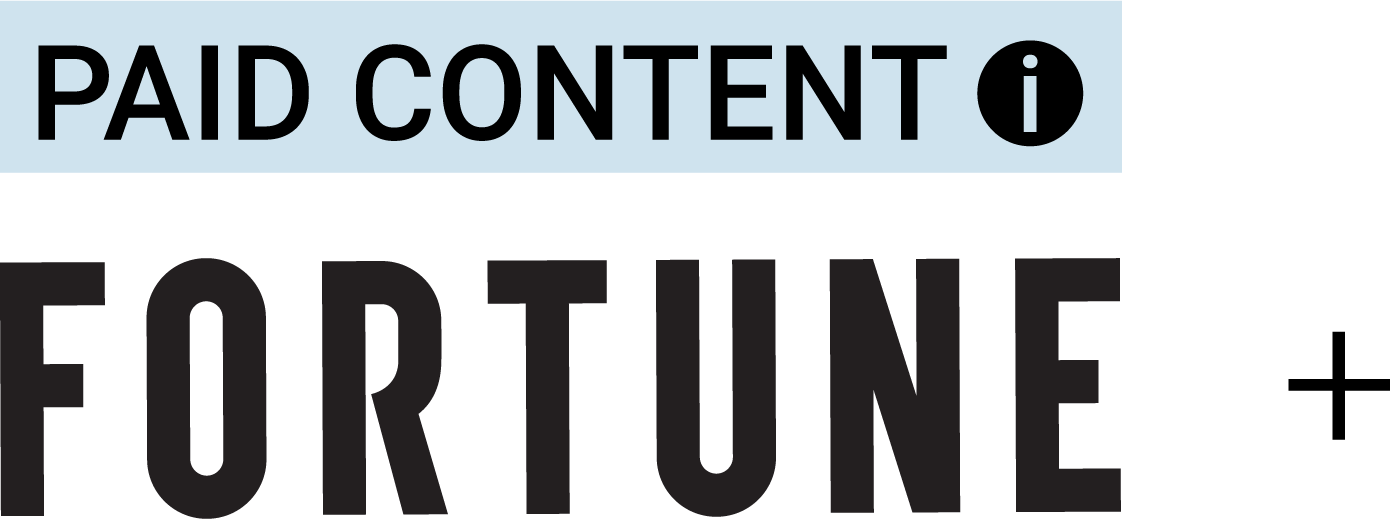





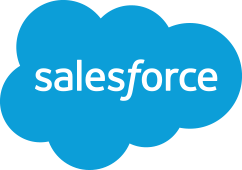
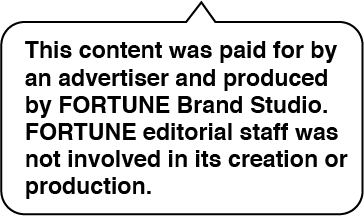

Meet the Ecopreneur:

Back to home
Jodie Wu of OffGridBox
This climate tech company is bringing clean water and energy to remote communities in Africa,
Europe, and beyond.
In the early years as an engineering student at MIT, Jodie Wu wasn’t sure if she had chosen the right career path. It wasn’t until 2008, when she flew halfway across the world to Tanzania and saw firsthand the way green technology could transform communities, that she knew she was on the right track. At just 22-years-old, Wu relocated to East Africa, determined to cultivate new solutions that would make life easier in developing nations. Soon, she was running her own businesses and getting life-changing tech solutions, such as solar lanterns, clean cookstoves, and agricultural tools, into the hands of thousands of families.
2B
PEOPLE LACK ACCESS TO SAFELY MANAGED DRINKING WATER AT HOME

Eco•pre•neur: an environmentally minded entrepreneur who leads and drives climate action worldwide



Listen to Jodie Wu on OffGridBox’s vision and its new Mini Box.

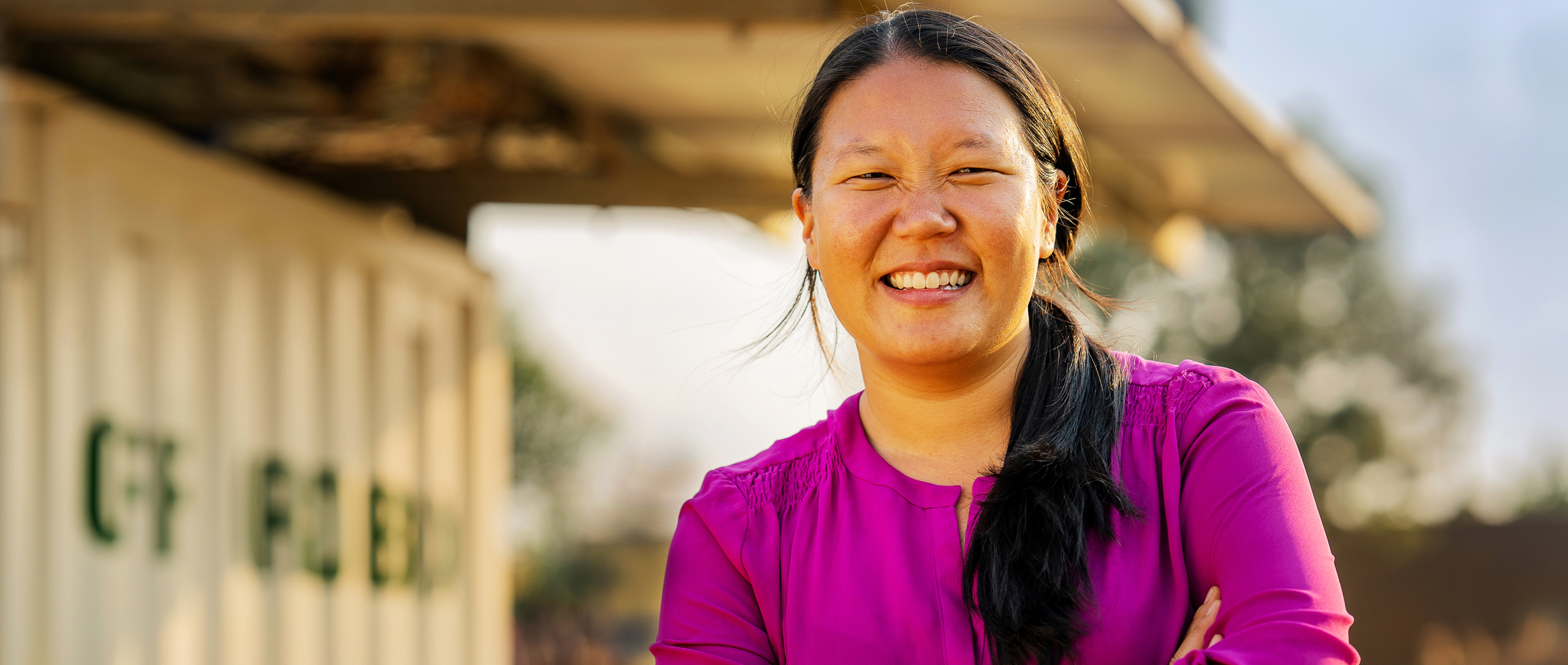
But Wu didn’t truly put her engineering background to work until a decade later, when she joined Davide Bonsignore, co-founder and COO, and Emiliano Cecchini, co-founder and CEO at the time (now CTO), at OffGridBox. The climate technology company deploys solar-powered modular units that produce affordable renewable energy and clean water. These all-in-one containers ensure that remote communities across Africa, Europe, and beyond have resilient water and power supplies that can serve as the foundations for local economies—and healthier, more connected lives.
Today, Wu can often be found on the ground in Rwanda and Tanzania, training local technicians to install and maintain the units and gathering customer feedback from the field. These boxes have helped thousands of families, and the company hopes to help billions more.
To learn more about her journey as an ecopreneur, we sat down with Wu at
the OffGridBox office and research and development (R&D) facility in Arezzo, Italy.
Q: What were you doing before you started working at OffGridBox?
A: When I was a junior at MIT, I enrolled in the D-Lab course, which was about applying your engineering skills to help developing countries, designing with the most difficult constraints, and understanding historical failures of development interventions. After first coming to Tanzania as a student in the Baker Foundation Public Service Fellowship, I just kept coming back. After I graduated in 2009, I moved to Tanzania to start my own company, Global Cycle Solutions, which developed and distributed technology, like solar lanterns and solar powered phone chargers, that improved village life. I ran that company for eight years before it was acquired. Shortly after, I met Davide and Emiliano.
Q: How did you get involved with OffGridBox?
A: I met Davide in 2017 when OffGridBox was just starting, and he wanted me to join the team. But I didn’t work with the company until 2019, when I joined a project as a business consultant in Tanzania, which was already home for me. My first project was deploying 12 boxes in 10 villages. It was a great opportunity to bring together all the skills that I’d already developed.
Q: How does OffGridBox work?
A: OffGridBox is an all-in-one solution that brings clean energy and clean water to remote communities. We are not just a technology provider—we are a partner. We help set up the boxes and teach the local people how to run it.
The box can power things like irrigation, lighting, and phones. This doesn’t only provide villagers with immediate relief, but it provides long-term resilience as well. The box offers entire communities an easy pay-as-you-go service to share electricity, internet, and purified water with neighbors.
Now, we also have the OffGridBox Mini. Basically, we’ve taken the most valuable part of our larger OffGridBox, its ability to provide power for clean water, and put it in a miniaturized version of our standard OffGridBox. That makes it a portable solution that can be transported anywhere. It can power homes, schools, and even clinics.
Q: Who are your customers for the boxes?
A: We have two types of customers: One
is institutions, where we are basically the technology providers, deploying boxes
and doing all the training; the other is the villager.
In Rwanda, we directly serve the rural communities by training local “boxkeepers.” Boxkeepers are residents who are responsible for daily OffGridBox accounting, inventory tracking, and logging sales. They are also our face in their communities, building relationships and maintaining a great level of service.
Q: Why do you specifically recruit women to run the boxes?
A: One of the reasons that we always recruit women to be our boxkeepers is because women carry the biggest burden: They are the people fetching water and the people who need energy to work at night because they have household chores. Thus, we found it was really important for them to be the people running the boxes. We empower them by providing them with technical, as well as bookkeeping and sales skills, and we pay them a good salary.
Q: Why is OffGridBox needed specifically in East Africa?
A: People in many areas of the world take energy and water for granted. For the communities where we work, finding access to these resources is the focal point of villagers’ lives. If the water source is far, they’re taking an ox cart and spending the entire day fetching water for the week. And in many of these areas, there is no piped water. Water plus heat, but not boiling heat, results in a breeding ground for bacteria and viruses, making these areas vulnerable to contamination. That’s where OffGridBox can help: Our boxes kill all bacteria and viruses to ensure that when water comes out, people know it’s safe.
Also, most of the population that is living off the electric grid is actually in sub-Saharan Africa. There, 70% of people live in rural areas, and 70% of those people in rural areas don’t have access to electricity. The main reason for this is the high cost of energy. It’s prohibitively expensive to run a diesel generator to do daily tasks like run a business or power lights to study. Sometimes, the closest power source can be many kilometers away, meaning residents must take their phones there, wait for them to charge, and then bring them back. It really is a huge loss of productivity.
Q: Can you describe a day in the field?
A: It’s always a very intensive day from start to finish, depending on the task at hand. When it’s deploying a box, that’s quite easy. We install the panels, hook up the electrical systems, and then do the water purification part. And at the end of the day, the community has a functioning OffGridBox with power and clean water. The more challenging days are the training days and troubleshooting days. When it comes to training, our job is not done until the boxkeepers are able to run the boxes by themselves. It starts with training during the installation of the box and then we keep supporting the boxkeepers with remote follow-up training. Other times, we see technical issues we’ve never seen before. When it comes to technical troubleshooting, it’s not something you can rush. It can take a few hours or a few days to solve.
Q: What technology has the team developed or is the team using?
A: We focused on developing an app to make reporting easier for our boxkeepers. It helps them manage their customers and log interactions. The data from the app goes into a spreadsheet that allows us to know what’s going on across many boxes in different places.
Q: Why is R&D important to the future of OffGridBox?
A: We want to stay at the cutting-edge of technology, which is advancing so quickly. We can already generate 50% more energy from the sun on the same solar footprint than we could three years ago. Same thing with batteries—we now have batteries that can last 10 years instead of three years. We want to keep bringing our customers the best tech out there.
And in terms of the water crisis, it is only getting worse. We are seeing dropping water tables and water sources that are becoming contaminated or changing in composition. Our boxes can pump from and filter that water. I find it really exciting that we are looking at the water problems of tomorrow and preparing for that.
Additionally, when you look across sub-Saharan Africa, people grow their own food. Still, because of climate change, the weather is completely unpredictable. No one knows when it’s going to rain. No one knows where or when to plant. Droughts are a problem. Heavy rains are a problem. OffGridBox is starting to build this resilience around those processes so that life is not dependent on the weather.

LITERS OF CLEAN WATER PUMPED BY OFFGRIDBOX
~10M
Q: How does OffGridBox make a positive impact in people’s lives?
A: With OffGridBox, water and energy are no longer a burden. When people know they can get water every day, they have a certain stability added to their lives. When it comes to having energy, they can get all the services they need in a local area.
A recent project that we did was electrifying health centers, so the community could get reliable medical services in its village. Without energy and access to services, what should be a simple injury becomes a big problem. Also, one of the leading causes of death in children under the age of five is diarrhea, a problem caused by not having access to clean water. OffGridBox is unique in the fact that we provide both energy and clean water, so we can tackle all these problems with one solution.
Q: What have you and your team accomplished so far?
A: Our team has deployed more than 73 boxes in 18 countries, more than half of which have gone to East and South Africa. We’ve sold more than 1 million liters of drinking water and have pumped probably 10 times that amount for everyday use. And that number is growing every single day. I want to reach 1 million people every year and have these boxes implemented where anyone who needs them has access. Success is when people are fully utilizing all the energy from the box and when the maximum number of people who need that energy can use it.
Q: Who or what will help you scale?
A: Accelerating our R&D will help us tremendously, so we can provide better technology at a more affordable rate. Our dream is to bring maintenance-free water purification, without any chemicals, wherever it’s needed. When we can do that, that’ll be huge.
Then, the next step is oceans. Right now, desalination technology costs $100,000. We are interested in developing tech that’s just a couple thousand dollars, so it is available to everyone.
Scale will also really depend on expanding the talent on our team and building partnerships. The success of our projects, and every technology that we deploy, depends on partners who know the communities better than we do.
Our major challenge is that there’s not enough time. When we look at where our product is needed, and when we look at how vast the need is, we can’t move fast enough. We need more people who are helping us with R&D, and we need more partners who can help us bring this technology to more places.
Q: Are you optimistic about the impact of OffGridBox? What energizes you about the future?
A: I think the most exciting thing we’re seeing in the U.S. and Italy is that people are realizing that a world run on fuel is not a world that’s sustainable. They’re seeing fuel prices increase and are finally realizing, “Oh, that’s why I need to go solar. That’s why I want to have an OffGridBox Mini in my home. I will be prepared for what is to come.”
What I love about this work is that the technology we’re using today will be relevant in the future. The beauty of the OffGridBox is that it evolves with the times.
Q: What does it take to lead a company that is tackling climate change and environmental impacts?
A: Running a company takes a lot of grit and commitment. Climate change definitely adds another layer of challenges because it’s not always cheaper to do the right thing. We are always trying to figure out how we can bring greater value through clean tech.
Q: What advice do you have for aspiring ecopreneurs?
A: The first thing is knowing your purpose. Why are you doing this kind of work, and are you ready for it?
I think, a lot of times, people want to be CEOs because it’s a glorious title. But when you start a company, there’s going to be many challenges thrown at you. If you have a foundation of purpose, it keeps you going, and that’s how I feel about working for OffGridBox!
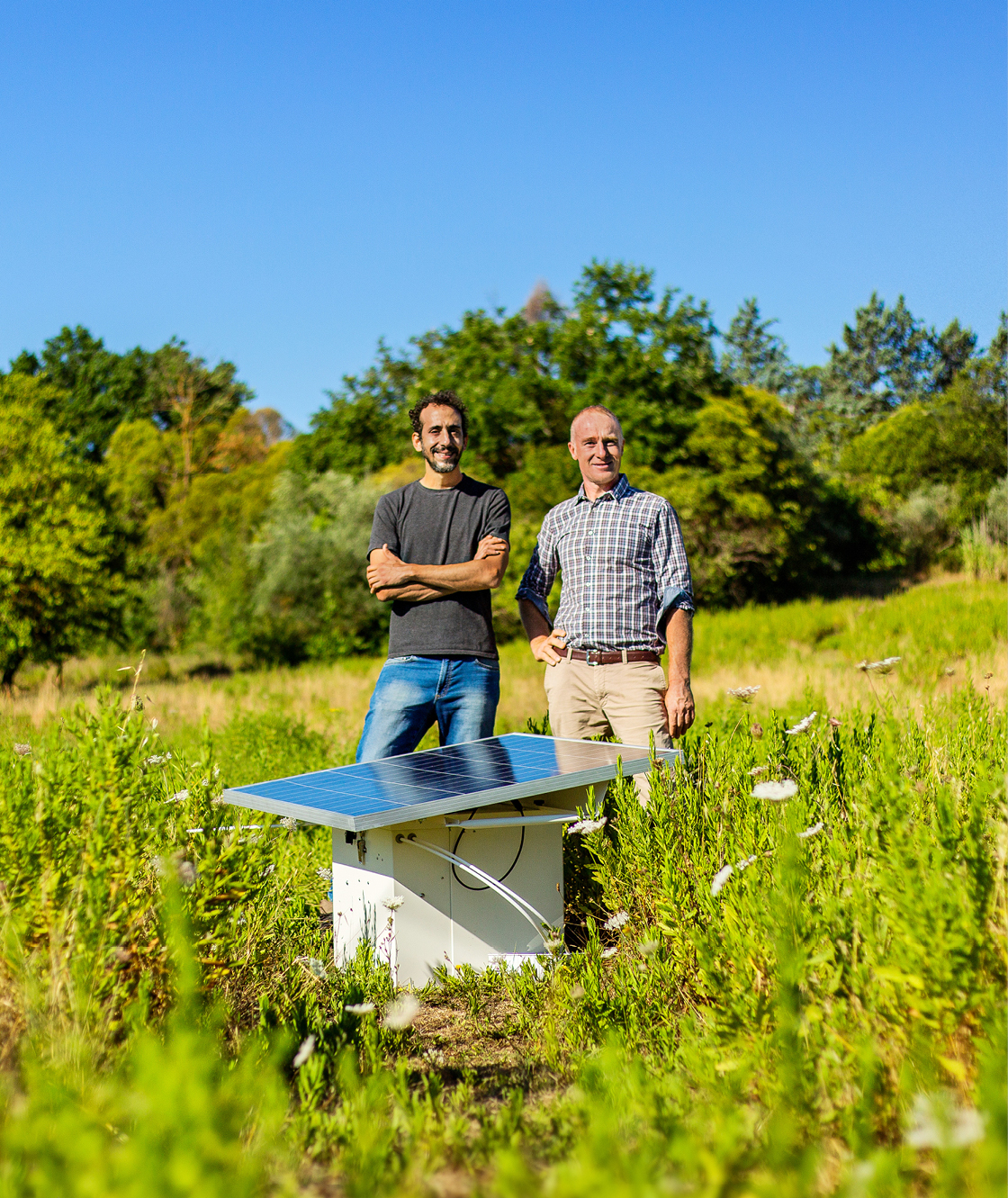
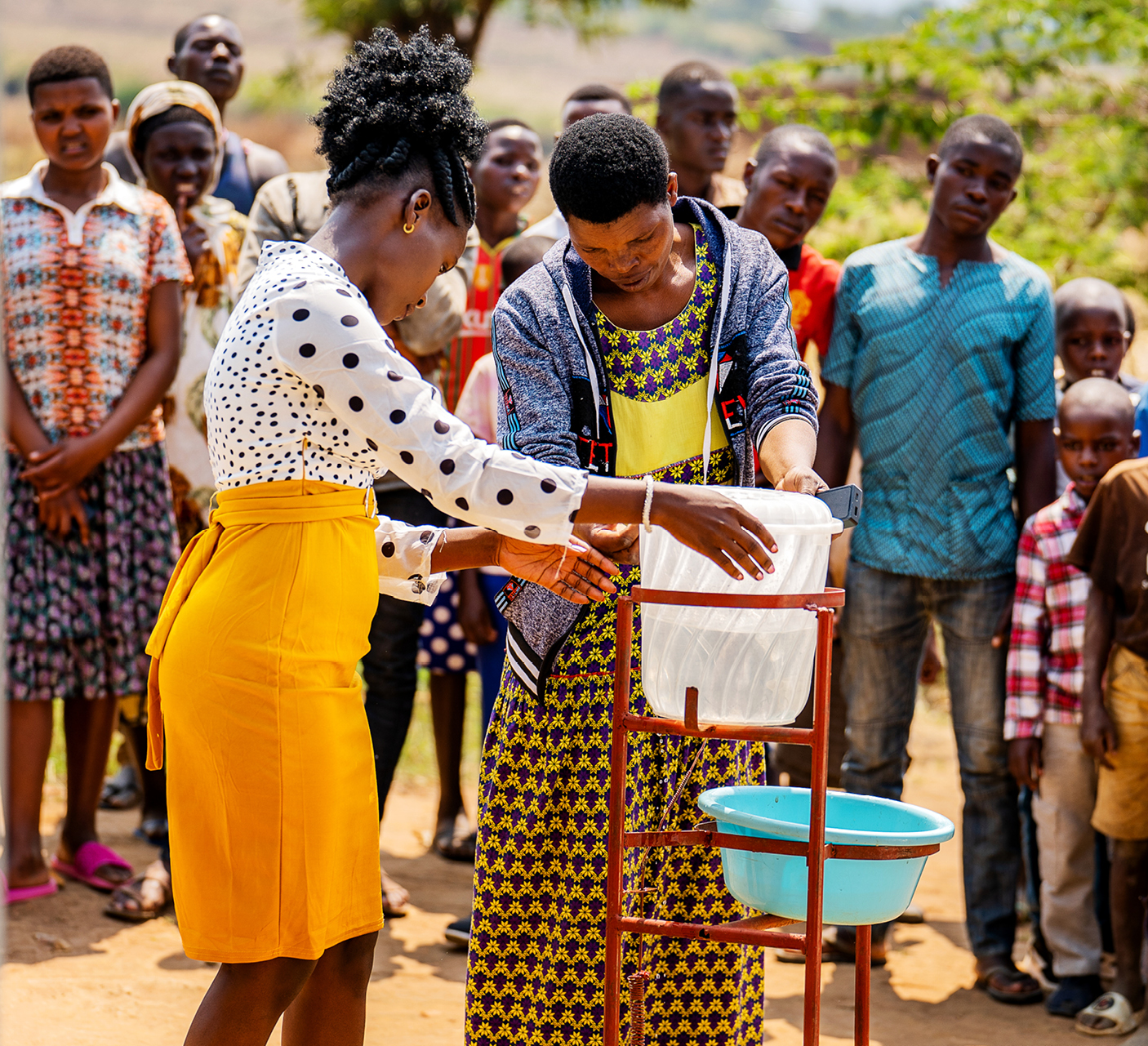
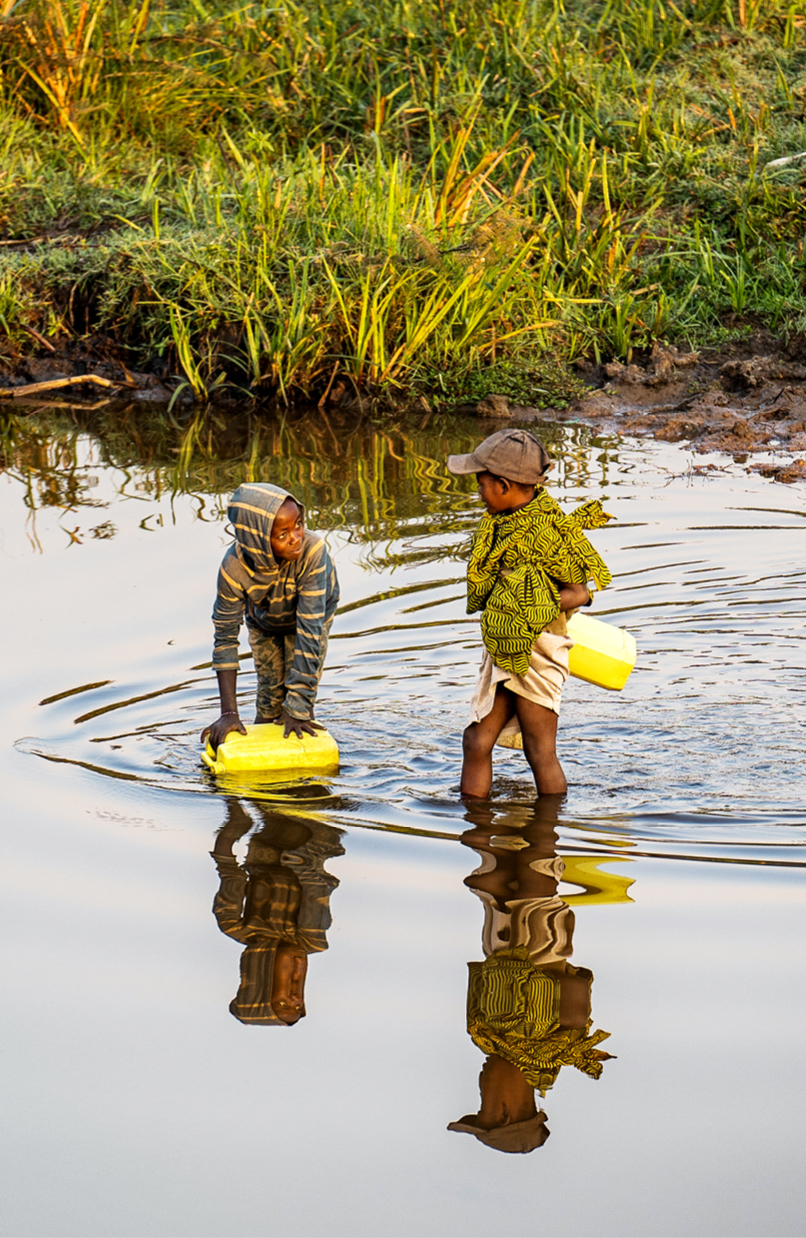
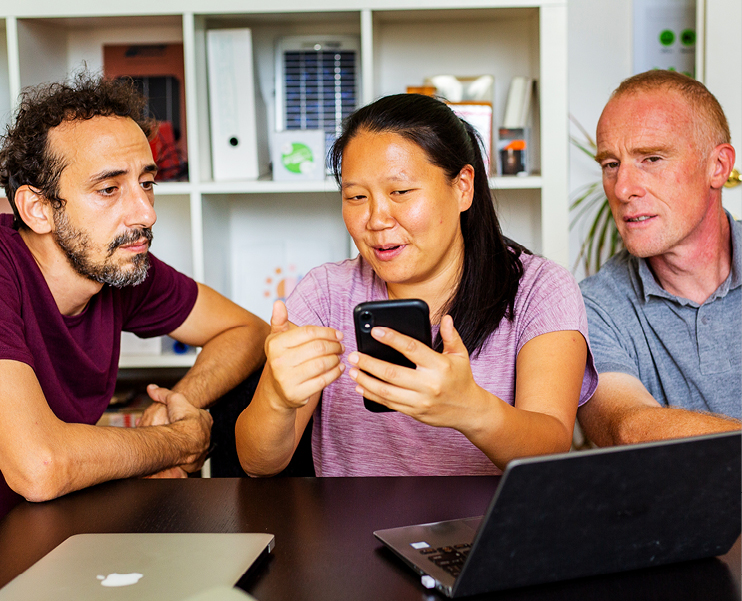
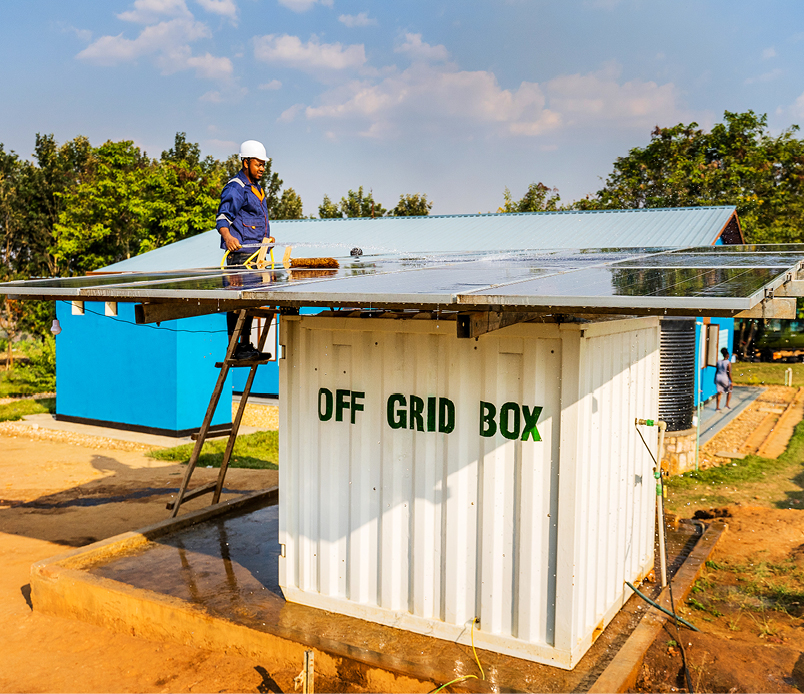
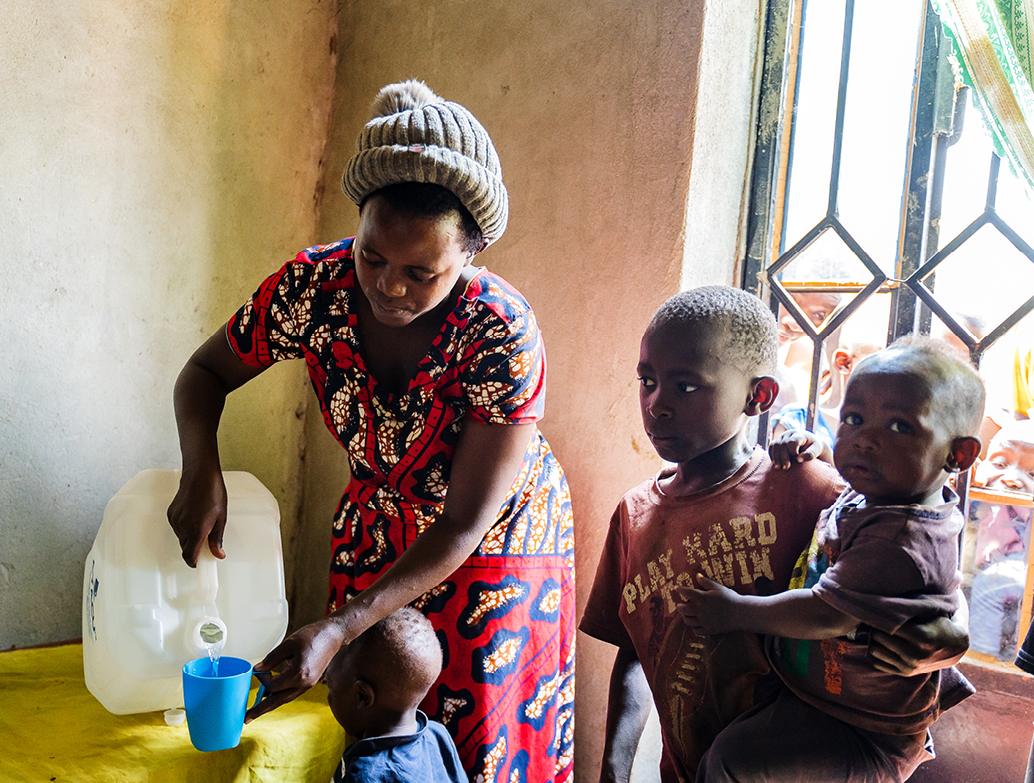
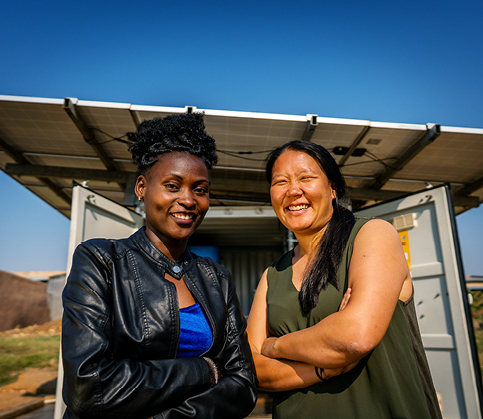
©2022 Fortune Media IP Limited. All Rights Reserved. Use of this site constitutes acceptance of our Terms of Use and Privacy Policy (Your California Privacy Rights) | CCPA Do Not Sell My Information Fortune may receive compensation for some links to products and services on this website. Offers may be subject to change without notice. Quotes delayed at least 15 minutes. Market data provided by Interactive Data. ETF and Mutual Fund data provided by Morningstar, Inc. Dow Jones Terms & Conditions: S&P Index data is the property of Chicago Mercantile Exchange Inc. and its licensors. All rights reserved. Terms & Conditions. Powered and implemented by Interactive Data Managed Solutions. | EU Data Subject Requests
[CUSTOM BANNER AD]
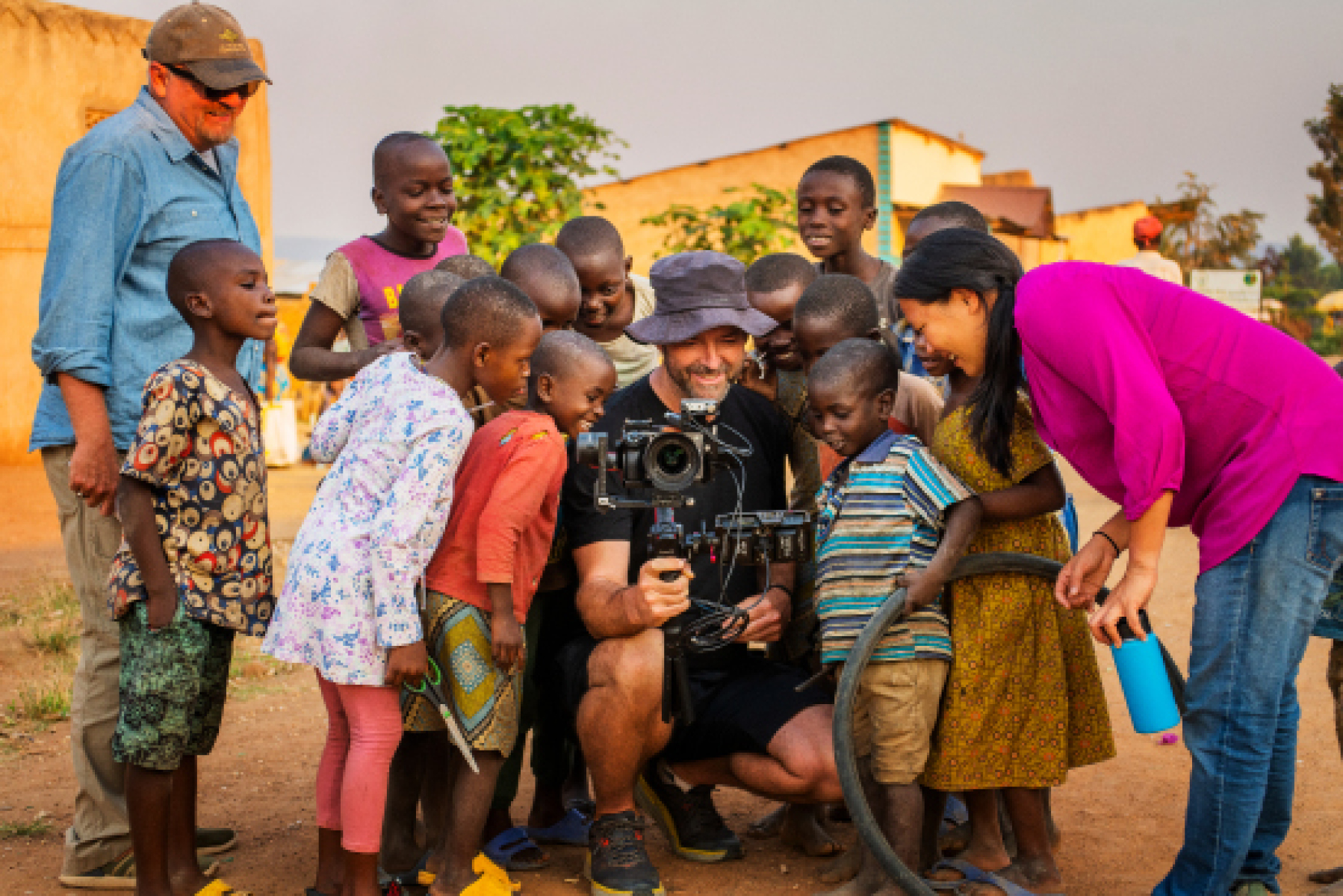
Read More
BEHIND THE SCENES: Episode 6 of The Ecopreneurs in Rwanda.
Read More
EXPLAINER: See why OffGridBox built a portable disaster relief hub
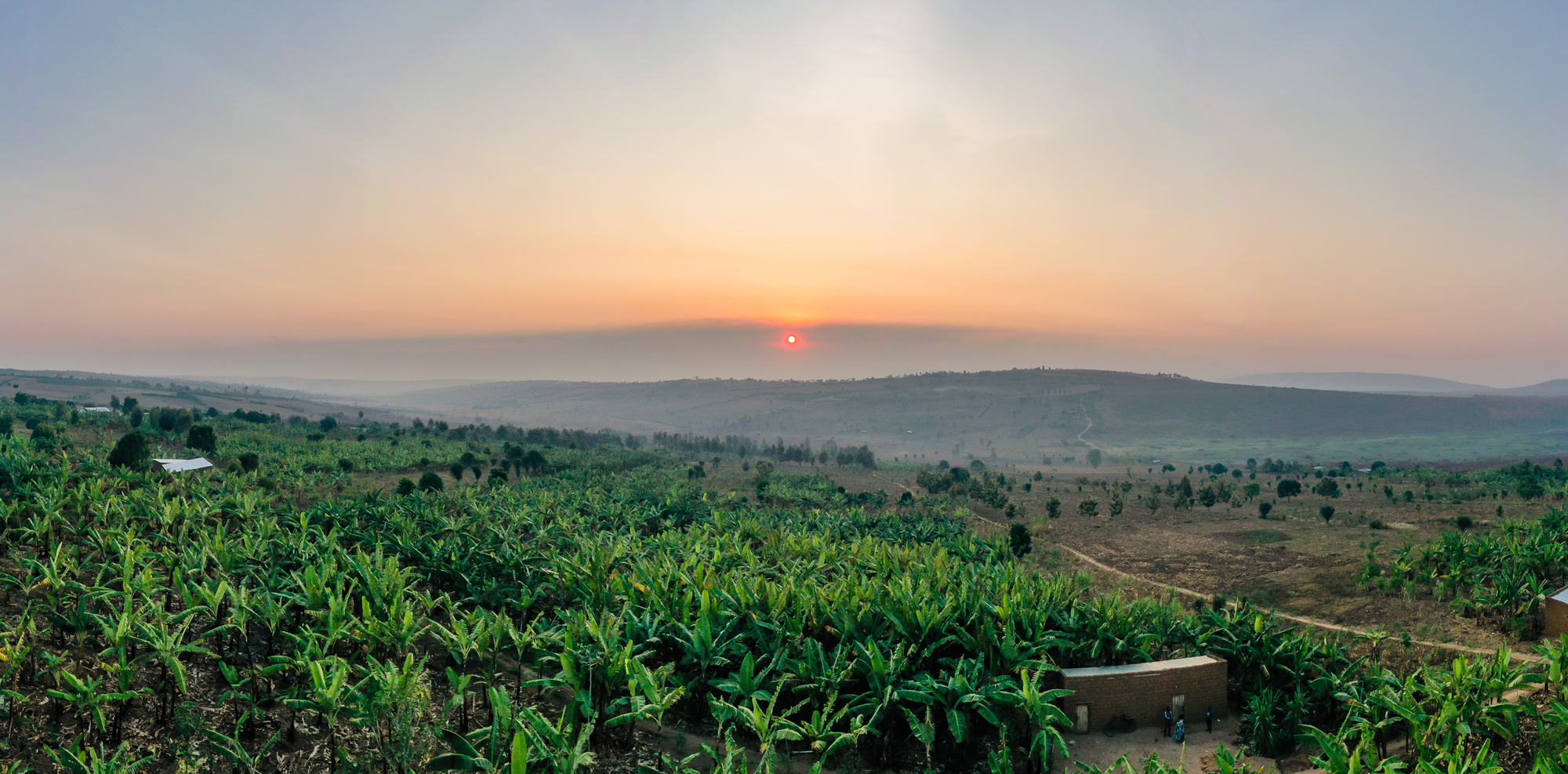
Powering Access

Explore More
Read More
CHARGING AHEAD: How providing equitable access to clean water and electricity is powering East Africa.
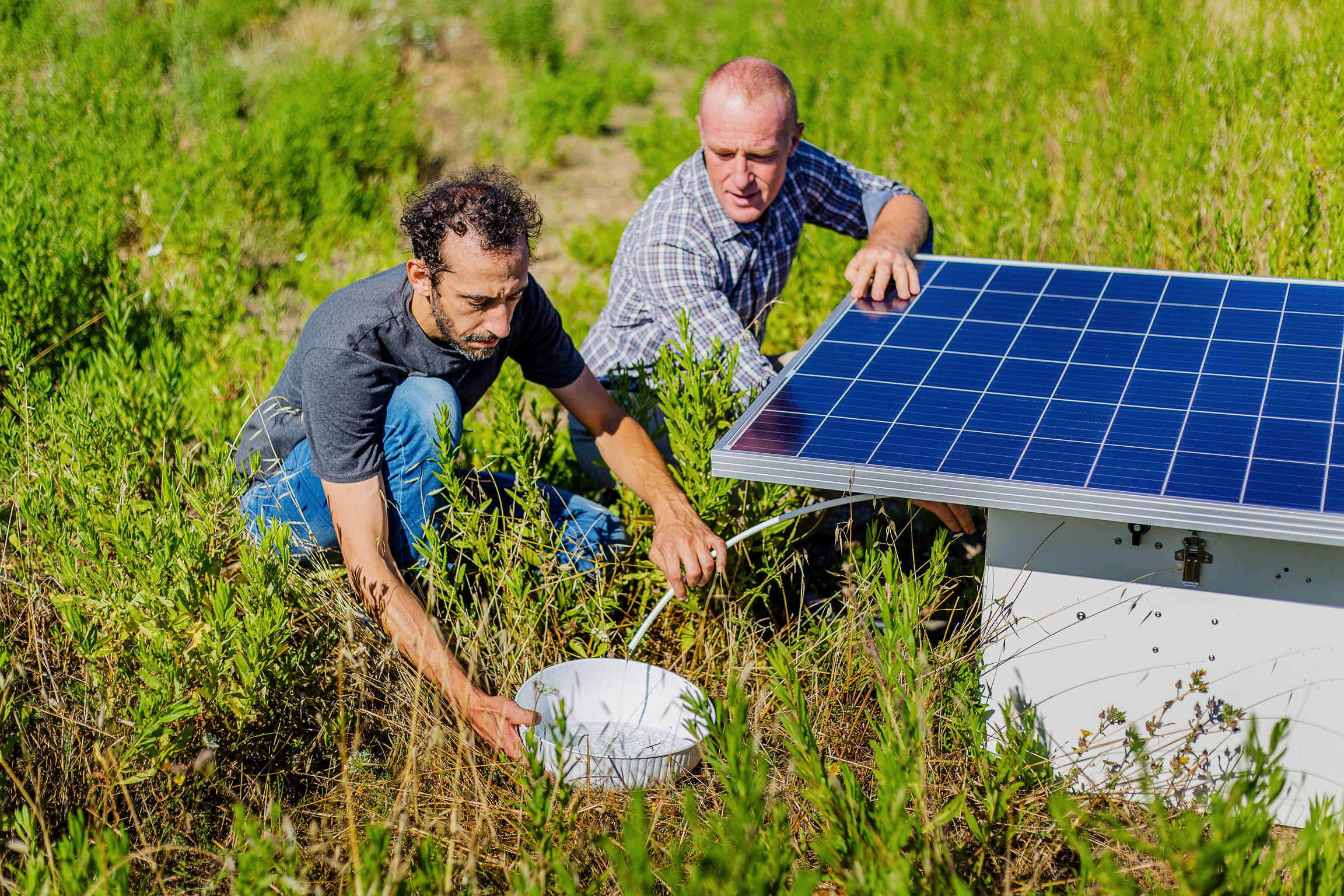

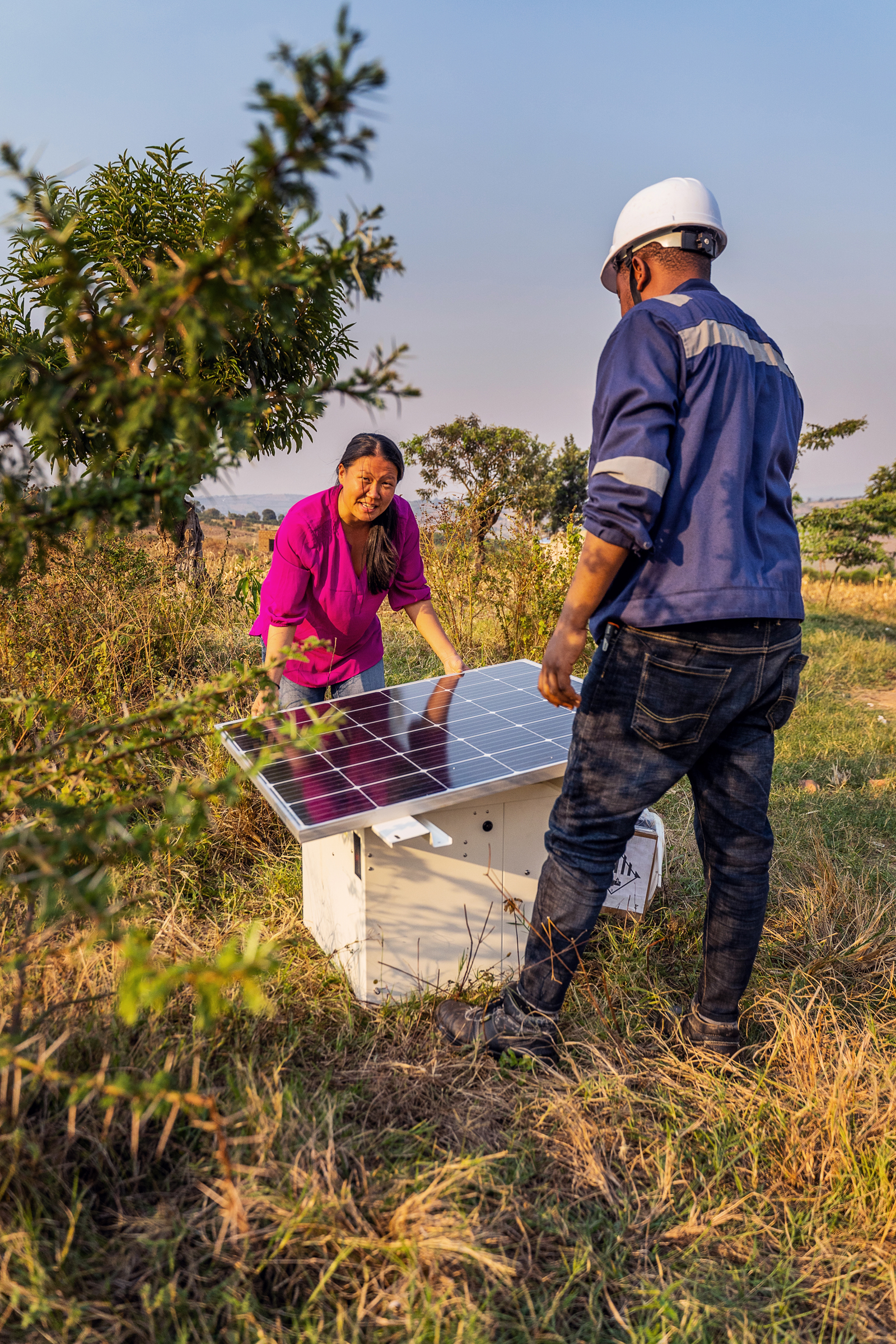
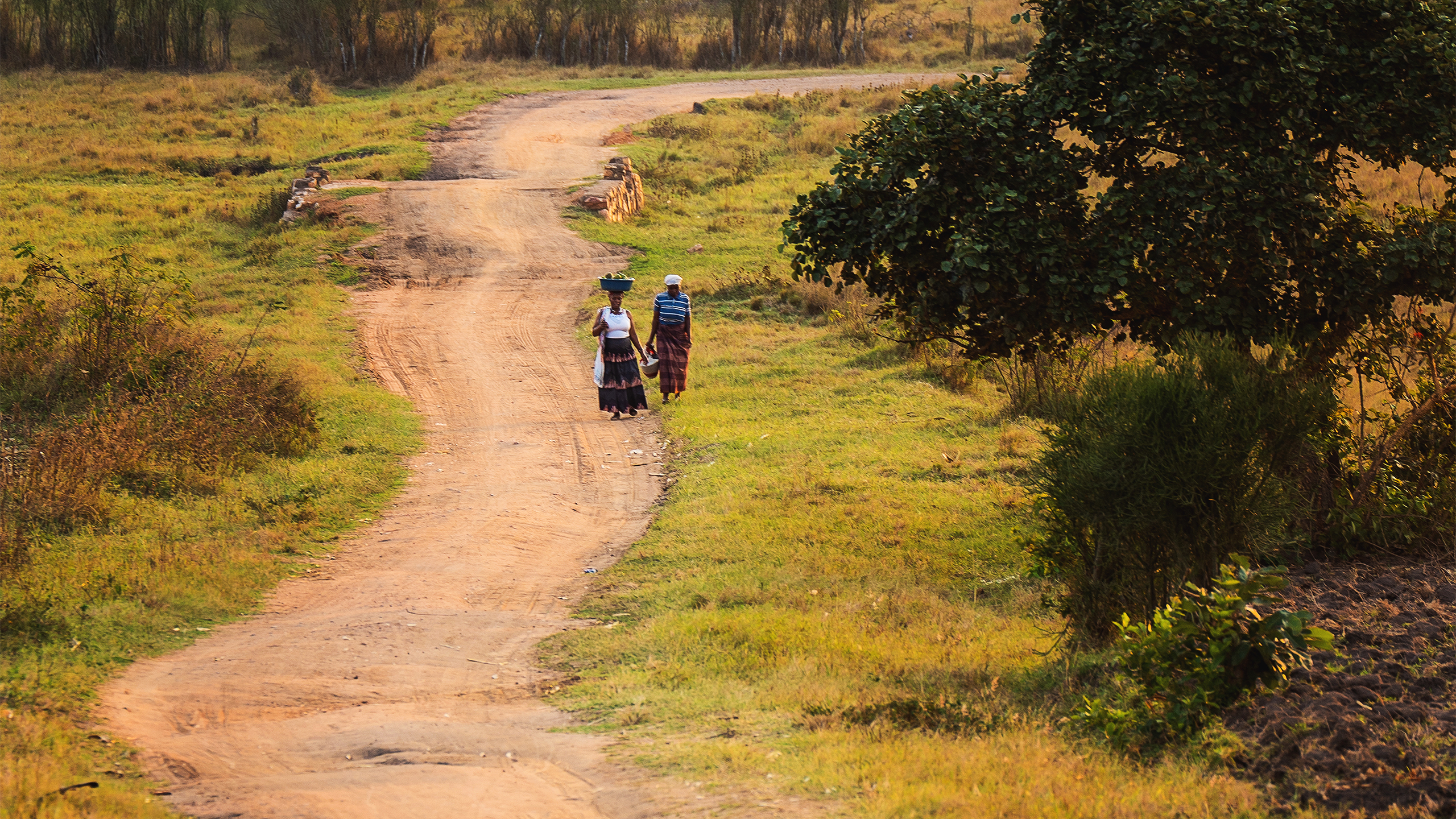
©2022 Fortune Media IP Limited. All Rights Reserved. Use of this site constitutes acceptance of our Terms of Use and Privacy Policy (Your California Privacy Rights) | CCPA Do Not Sell My Information Fortune may receive compensation for some links to products and services on this website. Offers may be subject to change without notice. Quotes delayed at least 15 minutes. Market data provided by Interactive Data. ETF and Mutual Fund data provided by Morningstar, Inc. Dow Jones Terms & Conditions: S&P Index data is the property of Chicago Mercantile Exchange Inc. and its licensors. All rights reserved. Terms & Conditions. Powered and implemented by Interactive Data Managed Solutions. | EU Data Subject Requests

Read More
BEHIND THE SCENES: Episode 6 of The Ecopreneurs in Rwanda.
Read More
CHARGING AHEAD: How providing equitable access to clean water and electricity is powering East Africa.

Explore More
Back to home

Murvah Iqbal of HIVED
Meet the Ecopreneur:
Eco•pre•neur: an environmentally minded entrepreneur who leads and drives climate action worldwide

Back to home






Q: Why is R&D important to the future of OffGridBox?
A: We want to stay at the cutting-edge of technology, which is advancing so quickly. We can already generate 50% more energy from the sun on the same solar footprint than we could three years ago. Same thing with batteries—we now have batteries that can last 10 years instead of three years. We want to keep bringing our customers the best tech out there.
And in terms of the water crisis, it is only getting worse. We are seeing dropping water tables and water sources that are becoming contaminated or changing in composition. [Our boxes] can pump from and filter that water. I find it really exciting that we are looking at the water problems of tomorrow and preparing for that.
Additionally, when you look across sub-Saharan Africa, people grow their own food. Still, [because of climate change,] the weather is completely unpredictable. No one knows when it’s going to rain. No one knows where or when to plant. Droughts are a problem. Heavy rains are a problem. OffGridBox is starting to build this resilience around those processes so that life is not dependent on the weather.
Q: How does OffGridBox make a positive impact in people’s lives?
A: With OffGridBox, water and energy are no longer a burden. When people know they can get water every day, they have a certain stability added to their lives. When it comes to having energy, they can get all the services they need in a local area.
A recent project that we did was electrifying health centers, so the community could get reliable medical services in its village. Without energy and access to services, what should be a simple injury becomes a big problem. Also, one of the leading causes of death in children under five is diarrhea,
a problem caused by not having access to clean water. OffGridBox is unique in the fact that we provide both energy and clean water, so we can tackle all these problems with one solution.
Q: What have you and your team accomplished so far?
A: Our team has deployed more than 84 boxes in 15 countries, over half of which have gone to East Africa. We’ve sold more than 1 million liters of drinking water and have pumped probably 10 times that amount for everyday use. And that number is growing every single day. I want to reach 1 million people every year and have these boxes
[implemented] where anyone who needs them has access. Success is when people are fully utilizing all the energy from the Box and when the maximum number of people who need that energy can use it.
Q: Are you optimistic about the impact of OffGridBox? What energizes you about the future?
A: I think the most exciting thing we’re seeing in the U.S. and Italy is that people are realizing that a world run on fuel is not a world that’s sustainable. They’re seeing fuel prices increase and are finally realizing, “Oh, that’s why I need to go solar. That’s why I want to have an OffGridBox Mini in my home. I will be prepared for what is to come.”
What I love about this work is that the technology we’re using today will be relevant in the future. The beauty of the OffGridBox is that it evolves with the times.
Q: What does it take to lead a company that is tackling climate change and environmental impacts?
A: Running a company takes a lot of grit and commitment. Climate change definitely adds another layer of challenges because it’s not always cheaper to do the right thing. We are always trying to figure out how we can bring greater value through clean tech.
Read More
EXPLAINER: See why OffGridBox built a portable disaster relief hub

Powering Access

